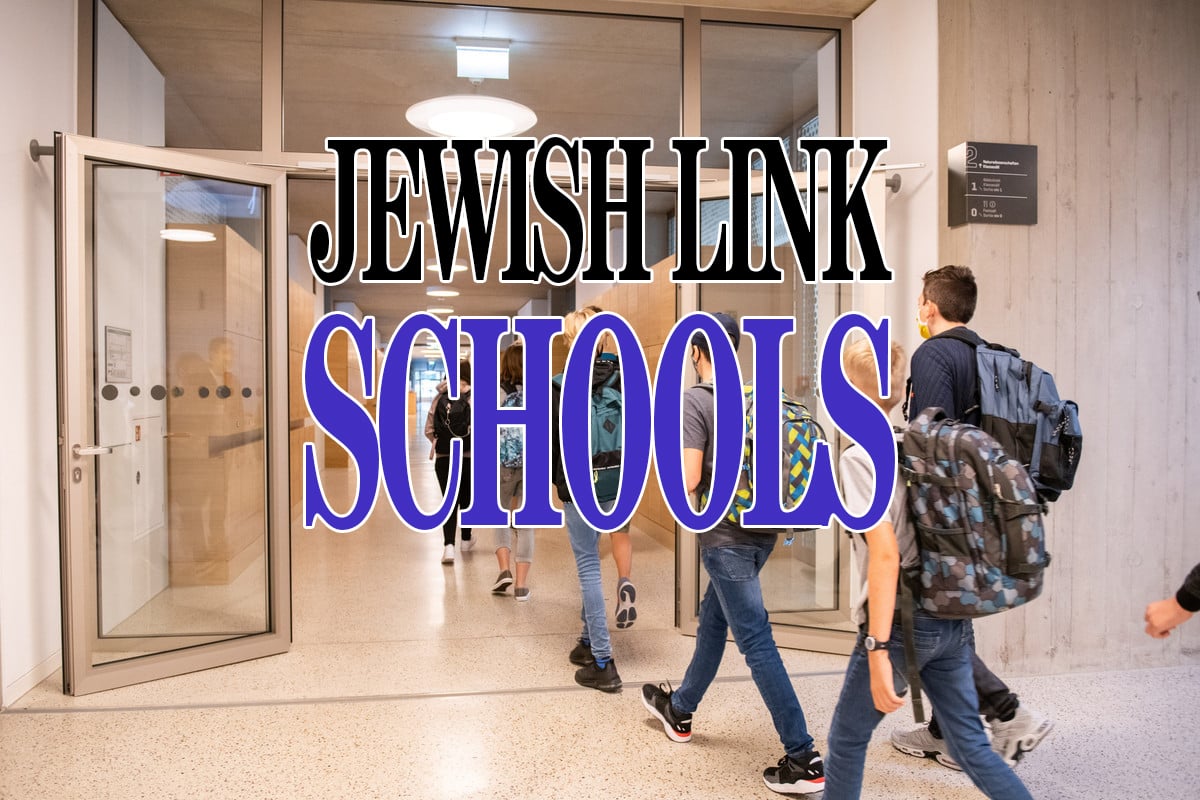As part of SAR Academy’s middle school unit on food systems, students in the sixth grade interviewed the owner of Moss Cafe, Emily Weisberg. Moss Cafe is an environmentally friendly dairy cafe serving delicious food in Riverdale. In Emily’s words: “The goal [of Moss] was to open a really excellent cafe that was casual and accessible, with approachable food, but that was really interesting and really creative.”
Emily explained that Moss’ mission is “to always ask ourselves whether or not the things that we are doing, the food we are producing, creating, buying, how we’re engaging economically, whether it’s through paying our workers or sourcing our ingredients,” is being done ethically. “There needs to be accountability to the ethics that we stand for,” Emily added.
Moss’ menu consists of locally grown foods. Emily said that not only is locally grown food more tasty, but using it also supports small farms. Eating locally grown food is also more sustainable for the environment, as produce can be grown as part of a local and diverse ecosystem instead of being shipped from far away and grown en masse.
The SAR students asked Emily many questions. For example, they wondered what Moss means by “local.” Emily explained that the cafe orders its ingredients from farms in the tri-state area and Pennsylvania through regional coops. Their produce comes from Lancaster County and the Hudson River Valley. Dairy also comes from the Hudson River Valley, and eggs come from New York State.
When they buy products that are not produced locally, they still try to use local vendors to benefit the economy. For example, they work with The Cheese Guy, Bread Alone, and Stumptown Coffee, all businesses located in New York State.
The least sustainable item on the menu is avocado, as avocados are not grown locally or even regionally. Moss purchases their avocados from California. Moss struggled with the decision of whether to include them in their dishes, but concluded that “the footprint of allowing avocados on the menu, if it allowed people to feel better about making a plant-based choice over a meat choice … then the impact is still good.” Emily admitted that she “ultimately gave into the avocado craze.”
While there are other nonlocal items, like lemons, each choice is not taken lightly. Moss also makes many of its own products, like pickles, so that they don’t need to ship them from afar.
When asked about the costs of buying local and organic food, Emily explained that currently the cost of organic food is higher, but that “we as economic actors have the power to drive the market to a certain degree and the more that we as consumers demand organic or locally sourced or chemical-free food, the more farmers and lobbyists and big industry will try to meet that demand.”
Being a sustainable cafe, Moss doesn’t only buy their ingredients locally; the whole staff is also extremely careful to minimize food waste, making dishes in small batches, donating food to community fridges, and composting what they do need to discard. This not only helps the environment, but also keeps costs low. Emily shared that they are “pretty creative about how we utilize the precious ingredients that we buy.” Their costs are also higher because they use biodegradable take-out containers.
Emily affirmed SAR’s ongoing conversations about the environment and “how sustainability plays a role in our day-to-day lives, and how we can be better actors in engaging with sustainable practices. It’s so cool to be talking about this at such a young age.”
Daniela Gribetz is a sixth grader at SAR Academy, and the co-founder of SAR’s Green Team.













